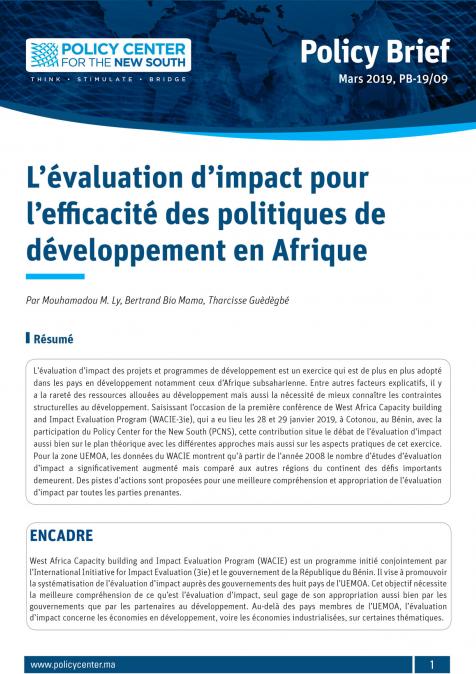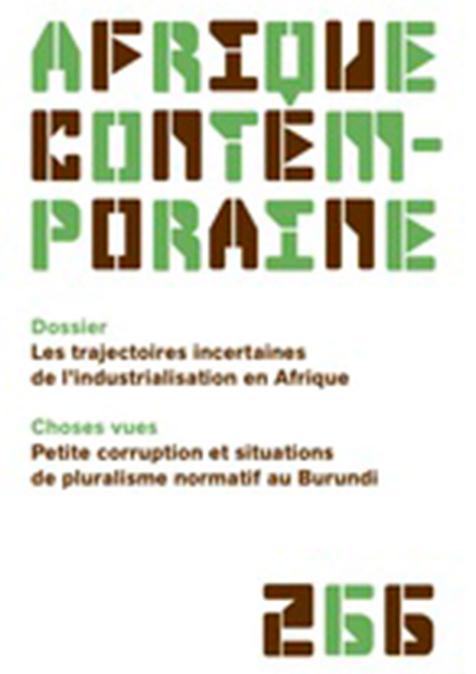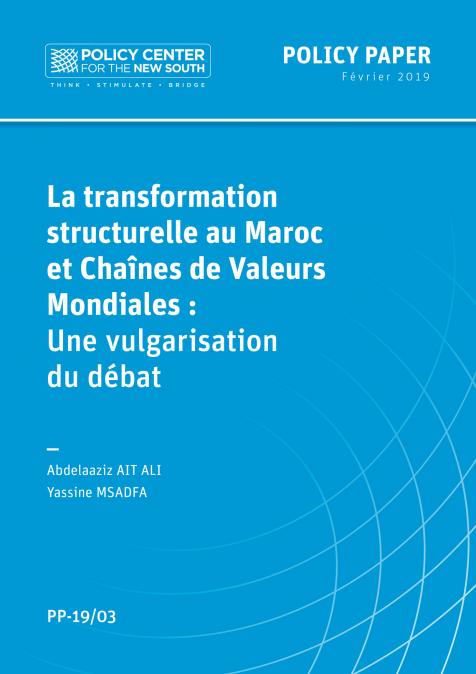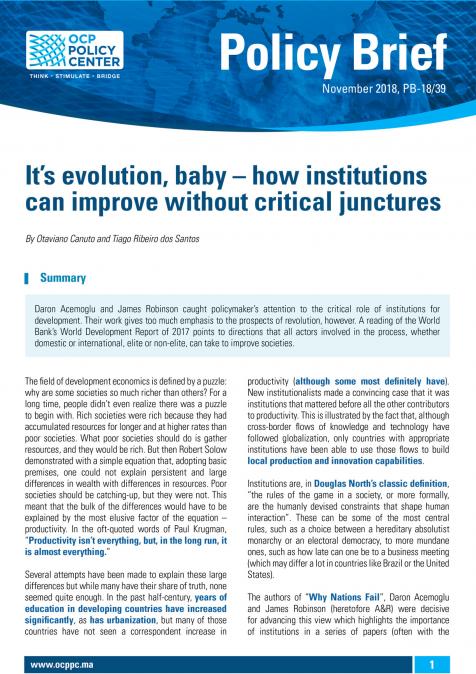AES2025: Introductory Remarks / Session 1: Monetary Policy Decisions in Times of Uncertainty
African central banks face tough choices as receding inflation in some countries prompts debate over when to ease policy rates, while persistent inflation and its social consequences complicate the picture. Most countries have kept rates tight or unchanged in 2024; a few have cautiously begun easing. These decisions unfold amid a volatile global trade environment, where fragmentation and shifting supply chains drive further uncertainty for inflation, currencies, and external financing. High public debt, limited reserves, and weak policy transmission add to vulnerabilities, while social pressures mount from elevated living costs.
Navigating these challenges demands careful balancing: supporting growth, anchoring expectations, and preserving credibility—even as political pressures and global shocks test resilience. Improving monetary-fiscal coordination and investing in financial innovation are essential for building resilience, advancing financial inclusion, and responding effectively to both domestic and external shocks.
- How should central banks time policy rate reductions given persistent inflation, social pressures, and uncertain global trade conditions?
- What innovative monetary policy tools and frameworks are best suited for African economies facing persistent external shocks?
- How can monetary and fiscal coordination address debt pressures while safeguarding central bank independence?
French translation






